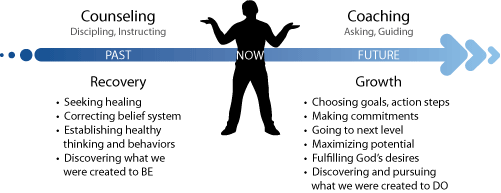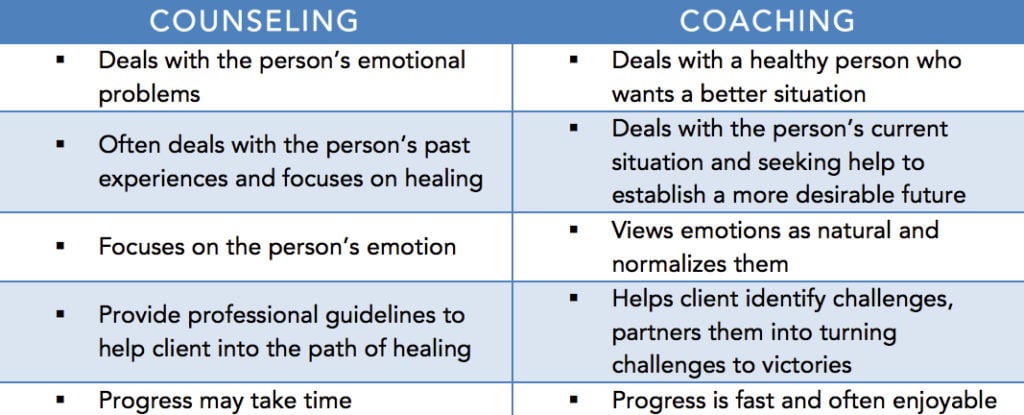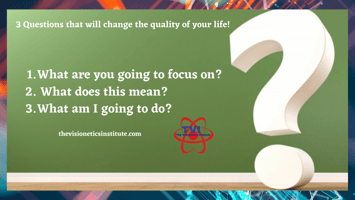Find the life coach that is right for you! 7 Powerful Benefits of Hiring a Life Coach
Do I Need Life Coaching or Therapy?
Do I Need Life Coaching or Therapy?
 Do I Need Life Coaching or Therapy? ~ More and more people are becoming open to the idea of getting help with dealing with a number of dysfunctional issues in their life. For some, it is simple as hiring a life coach, and for the others, the issues are deep enough to require professional therapy from a qualified psychotherapist. Because life coaches and therapists share the same general group field name, “help-professional,” it can be confusing for some people to determine whether hiring a life coach will be sufficient or if they will need to work with a professional therapist.
Get paid to complete surveys online. Join Toluna Online Surveys. I offer the entire spectrum, functioning as a coach in my
1-On-1 Life Enhancement Coaching program and my
Elevation and Empowerment course and I also offer psychotherapy and cognitive therapy engagement sessions. The Elevation and Empowerment course is more intense than the 1-On-1 Life Enhancement Coaching sessions, and it is meant to function as the bridge between coaching and behavioral therapy or counseling. The idea is to determine what is necessary for my clients during the first interview, and then develop a specific and unique plan that will help them address their dysfunction. It is much easier for a person to acknowledge that they need a life coach than it is to admit that they may be in need of therapy. The truth is that while life coaching and clinical therapy share an ecumenical family name in the term “help professional,” the truth is that these two professions are more like step-siblings. Some psychologists have little respect for the field of life coaching, primarily due to the minimal requirements and training required to become a life coach, zero. While most life coaches have undergone some type of intense training course to become a coach, it is not a requirement, because the profession is not government regulated on any level.
Do I Need Life Coaching or Therapy? ~ More and more people are becoming open to the idea of getting help with dealing with a number of dysfunctional issues in their life. For some, it is simple as hiring a life coach, and for the others, the issues are deep enough to require professional therapy from a qualified psychotherapist. Because life coaches and therapists share the same general group field name, “help-professional,” it can be confusing for some people to determine whether hiring a life coach will be sufficient or if they will need to work with a professional therapist.
Get paid to complete surveys online. Join Toluna Online Surveys. I offer the entire spectrum, functioning as a coach in my
1-On-1 Life Enhancement Coaching program and my
Elevation and Empowerment course and I also offer psychotherapy and cognitive therapy engagement sessions. The Elevation and Empowerment course is more intense than the 1-On-1 Life Enhancement Coaching sessions, and it is meant to function as the bridge between coaching and behavioral therapy or counseling. The idea is to determine what is necessary for my clients during the first interview, and then develop a specific and unique plan that will help them address their dysfunction. It is much easier for a person to acknowledge that they need a life coach than it is to admit that they may be in need of therapy. The truth is that while life coaching and clinical therapy share an ecumenical family name in the term “help professional,” the truth is that these two professions are more like step-siblings. Some psychologists have little respect for the field of life coaching, primarily due to the minimal requirements and training required to become a life coach, zero. While most life coaches have undergone some type of intense training course to become a coach, it is not a requirement, because the profession is not government regulated on any level.
 As far as my personal assessment, I must say, in no ambiguous terms, that life coaching cannot accomplish what proven therapy techniques and modalities are capable of accomplishing, and it was never meant to. Therapy, by its very definition, deals with an illness or condition, while coaching deals with motivation, choices and behavioral adjustments. Life coaches can also be distrusting of clinical therapist, believing that we tend to over analyze and complicate matters. The good news is that many therapists and life coaches are coming to a point where they believe that they can coexist, and even thrive, as long as there is a mutual respect between them. Because of the sometimes nebulous nature of the behavioral sciences, it can sometimes be difficult to determine where coaching ends and therapy begins, and this is still a very sensitive topic among the two professions. So, how does a person determine if they need a coach or a therapist? Unfortunately, it is not something that is cut and dry, and there is no protocol. What I have found with my clients is that it may take a couple of sessions before I realize that a coaching client may need counseling or a counseling client may be better suited for coaching sessions. However, as a general rule, I will know after the initial consultation if there is a question or not, and when there is a question, I will not accept a client into my 1-On-1 Life Enhancement Coaching program, because it is too light to be of any real assistance in addressing the issues that must be addressed. During the initial consultation, I am evaluating the situation to determine if there is a history of untreated trauma. I am also looking for other dysfunctional mental processes, such as the presence of cognitive biases and cognitive distortions that are present at a level that creates dysfunction. Are they simply afraid to come out of their comfort zone, or is their fear associated with a real or perceived life experience that has paralyzed their social mobility — limiting their ability to actualize their potential?
As far as my personal assessment, I must say, in no ambiguous terms, that life coaching cannot accomplish what proven therapy techniques and modalities are capable of accomplishing, and it was never meant to. Therapy, by its very definition, deals with an illness or condition, while coaching deals with motivation, choices and behavioral adjustments. Life coaches can also be distrusting of clinical therapist, believing that we tend to over analyze and complicate matters. The good news is that many therapists and life coaches are coming to a point where they believe that they can coexist, and even thrive, as long as there is a mutual respect between them. Because of the sometimes nebulous nature of the behavioral sciences, it can sometimes be difficult to determine where coaching ends and therapy begins, and this is still a very sensitive topic among the two professions. So, how does a person determine if they need a coach or a therapist? Unfortunately, it is not something that is cut and dry, and there is no protocol. What I have found with my clients is that it may take a couple of sessions before I realize that a coaching client may need counseling or a counseling client may be better suited for coaching sessions. However, as a general rule, I will know after the initial consultation if there is a question or not, and when there is a question, I will not accept a client into my 1-On-1 Life Enhancement Coaching program, because it is too light to be of any real assistance in addressing the issues that must be addressed. During the initial consultation, I am evaluating the situation to determine if there is a history of untreated trauma. I am also looking for other dysfunctional mental processes, such as the presence of cognitive biases and cognitive distortions that are present at a level that creates dysfunction. Are they simply afraid to come out of their comfort zone, or is their fear associated with a real or perceived life experience that has paralyzed their social mobility — limiting their ability to actualize their potential?



